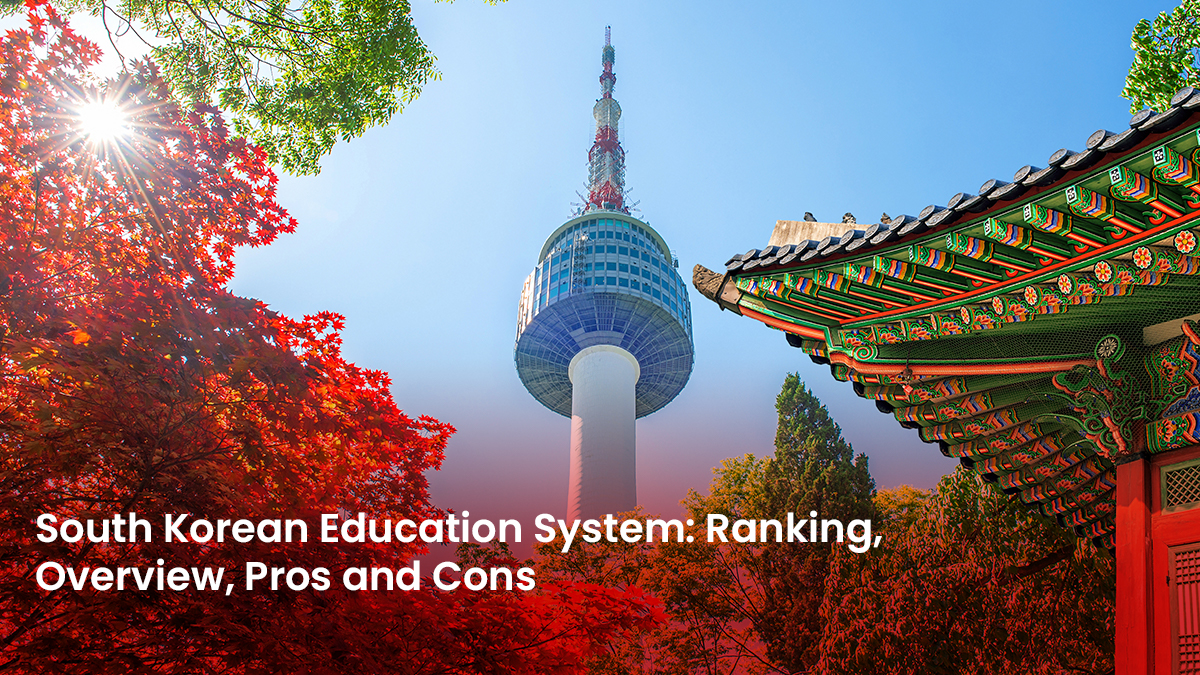The influence of COVID-19 on education could not be described easily and was certainly greater than any other kind. The shutdown of schools, colleges, and universities across the world practically transformed the entire landscape of education.
The impact on education due to COVID-19 in India and worldwide has increased many challenges for students, teachers, and even parents. In the first year of the pandemic, it is estimated that 1.5 billion students in 188 countries could not attend school physically, and this is going to have long-lasting irreversible effects on the education of an entire generation.
This blog by MSM Unify study abroad consultant will examine the COVID-19 impact on education and what learning lessons would be carried forth. So, keep reading further.
Challenges of COVID-19 on education
Many hurdles were met by the education sector during the COVID-19 pandemic, which disrupted conventional learning patterns. The pandemic raised a different challenge altogether: having to adapt to online study, creating new hurdles that included ensuring access for all.
|
Aspect |
Negative impact of COVID-19 on education |
Positive impact of COVID-19 on education |
|
Learning interruptions |
Many students faced interruptions in their studies due to the sudden closing of the schools | Many digital learning tools came into existence to help students in every possible way |
| Mental health | Isolation situation made a negative impact on the mental health of most of the students |
Institutions developed many innovative teaching methods and curricula to help students |
|
Access to technology |
Some regions had limited access to high-speed Internet access and technology | This is the situation where most technological advancements are done to make education reachable to students |
| Examination Systems | As students have to stay at home, the traditional examination system was disrupted |
Many institutions adopted global educational resources and conducted the exams in smart ways |
|
Teacher Preparedness |
Most of the teachers found it difficult to adopt online teaching methods | There are several advancements in digital educational tools |
| Educational inequality | Limited students got access to resources that their institution offered |
Initiatives to bridge the digital divide |
|
Parental involvement |
Increased burden on parents to support remote learning |
Greater collaboration between parents and teachers |
Impact of COVID-19 on overseas education
The pandemic COVID-19 had a tremendous impact on overseas education since several obstacles and changes came up for international students and educational institutions. Here are the few challenges faced mainly by students in pursuing their overseas education:
Travel restrictions and visa problems
There were a number of students whose flights were canceled, and borders were closed, hence making it a challenge for them to reach their study destinations. Delayed visa processing or the increase in denials of student visas upset the academic plans of many students. This shows the clear impact of COVID-19 on education as it impacts international student’s ability to pursue their studies.
The shift to online learning
Some of the challenges included limited in-person interaction whereby many students were affected to clarify their doubts. Some faced time zone differences and unreliable internet access, thus impacting the quality of learning. The impact of COVID-19 on online education highlighted both the opportunities and disadvantages of going digital with learning.
Impact of finance on students
The effect of COVID-19 on education also included a major financial burden. Students faced rising costs due to cancellations of travel, quarantine, and possible health risks. Many families under economic hardships could not afford tuition and other study-travel expenses.
Adapting to the new normal
Challenges aside, students and institutions have transformed themselves into adaptations. Most higher institutions have adopted hybrid learning modalities where combined online and in-person contact learning are utilized; all these in a bid to grant flexibility of learning.
Support systems were installed to enable the studying youth to steer through uncertainties through mental health resources, among others, and academic assistance. This marks the impact of COVID on education: Resilience and innovation in the educational sector.
Conclusion
Educational methods are redefined globally by their influence today on the COVID-19 pandemic, with challenges and opportunities. They include the impact of COVID-19 on education, travel restrictions, visa issues, and the switch to online learning. In fact, it has also paved the way for innovations and adaptability within education.
MSM Unify has been quite instrumental ever during these times lending support to students and institutions in terms of resources, guidance, and online learning facilitation. The journey ahead will not stop at any point as these lessons will become an indelible part of building a stronger, better, and more accessible future of education.
FAQs
1. What is the impact of COVID-10 on overseas education?
This pandemic situation resulted in many challenges in overseas education as travel and other restrictions hinder visas, causing delays and uncertainty for international students.
2. What are the main challenges faced by students due to COVID-19?
Disrupted learning, increased dropout rates, economic hardships, and lack of proper technology and reliable internet for online education were some of the challenges experienced by students.
3. How did educational institutions adapt to the impact of COVID-19 on education?
The educational institutions shifted rapidly into online platforms, and embraced hybrid forms comprising online and in-person classes, with critical support systems helping students cope with the new normal.
4. What are the positive changes brought by the COVID-19 pandemic in education?
The pandemic brought about rapid digitization, boosted access to online resources, and opened new avenues of innovation in teaching methodologies that bring education within reach of all.
5. How did MSM Unify help students during the COVID-19 pandemic?
MSM Unify provided resources, guidance, and assistance in processing their visas, mental health resources, and help in online study to ensure students could continue their education despite the disturbances of the pandemic.



























